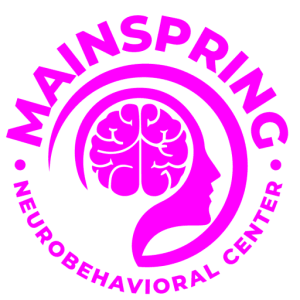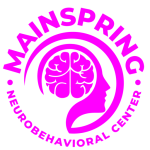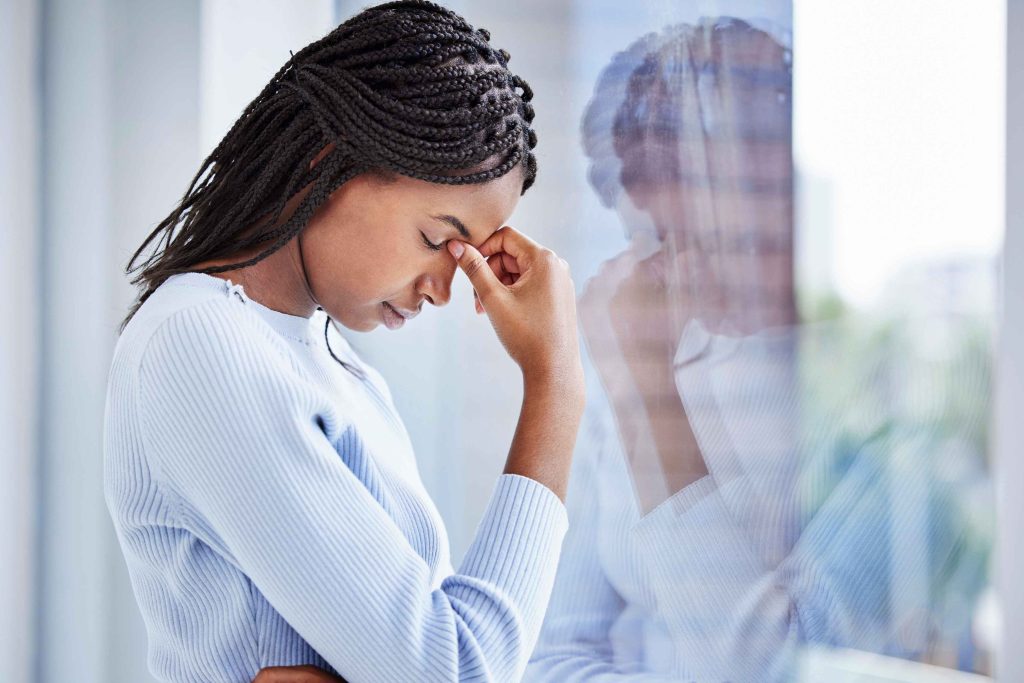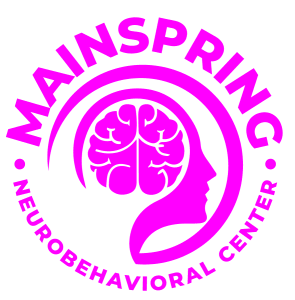Introduction
Depression is a common mental health issue. It makes people feel sad, tired, and hopeless. The good news is that there are ways to manage it. You can try therapy, medication, lifestyle changes, and self-care.
Medication for Treating Depressionedication, and self-care that fit your needs.
Understanding Depression
What is Depression?
Depression is more than just feeling sad. It is a serious condition that affects how you think, feel, and act. Many people think it’s a weakness, but it’s not. It’s a medical problem that needs care.
Symptoms of Depression
Depression has many signs. You may feel sad, angry, or tired all the time. You might lose interest in things you used to enjoy. Some people eat too much or too little. Others have trouble sleeping.
Causes of Depression
Depression can happen for many reasons. Sometimes it runs in families. Other times, stressful events like losing a job or a loved one can trigger it. Changes in brain chemicals can also play a role.
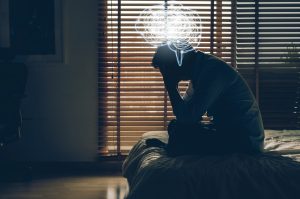
Therapy Options for Managing Depression
Cognitive Behavioral Therapy (CBT) is a type of therapy that helps you change negative thoughts. For example, if you think, “I’m no good,” CBT teaches you to say, “I’m trying my best.” This helps you feel better over time. CBT is often included as part of anxiety disorder treatment, especially if anxiety symptoms are present alongside depression.
Cognitive Behavioral Therapy (CBT)
CBT is a type of therapy that helps you change negative thoughts. For example, if you think, “I’m no good,” CBT teaches you to say, “I’m trying my best.” This helps you feel better over time.
Mindfulness-Based Therapy
Mindfulness therapy helps you focus on the present moment. You learn to breathe deeply and let go of stress. This can calm your mind and improve your mood.
Talk Therapy and Counseling
Talking to a therapist can help you feel less alone. You can share your feelings and get advice. Therapists teach you skills to handle tough emotions.
Medication for Treating Depression
Common Types of Antidepressants
Doctors often prescribe medications like SSRIs or SNRIs. These medicines help balance brain chemicals. They can make you feel less sad or anxious. If you’re struggling with both anxiety and depression, anxiety depression disorder treatment in Township, NJ can provide specialized treatment options to address both conditions at once.
Pros and Cons of Medication
Medicines can work well, but they may cause side effects. Some people feel nauseous or gain weight. If this happens, talk to your doctor. They can adjust your dose or try a different medicine.
Natural Ways to Manage Depression
Exercise and Physical Activity
Moving your body can make you feel happier. Walking, dancing, or doing yoga releases chemicals in your brain that boost your mood.
Nutrition and Diet
Eating healthy foods helps your brain work better. Try foods like fish, nuts, and vegetables. These give your body energy and keep your mind sharp.
Sleep Hygiene
Good sleep is important for mental health. Go to bed at the same time every night. Avoid screens before bed. A calming bedtime routine helps you rest better.
Lifestyle Changes to Reduce Depression
Building a Support System
Talking to friends or family can make you feel supported. Joining a support group is another option. Sharing your story with others can help you feel less alone.
Practicing Self-Care
Self-care means taking time for yourself. You can write in a journal, meditate, or do something you enjoy. These activities reduce stress and make you feel good.
Conclusion
Depression is hard, but it can be managed. Therapy, medication, lifestyle changes, and self-care all help. Everyone’s journey is different, so find what works for you. Remember, you’re not alone. Help is always available, and things can get better.
FAQs
What should I do if I think I’m depressed?
Talk to a doctor or therapist. They can help you understand your symptoms and find treatment options.
Can I manage depression without medication?
Yes, some people feel better with therapy, exercise, and self-care. But medication can help if your symptoms are severe.
How long does therapy take to work?
Therapy works differently for everyone. Most people start to feel better in 6 to 12 weeks.
What lifestyle changes help with depression?
Exercise, eating healthy, sleeping well, and talking to loved ones can make a big difference.
Will depression come back after treatment?
Sometimes depression comes back. But staying aware of your feelings and continuing care can help prevent it.
